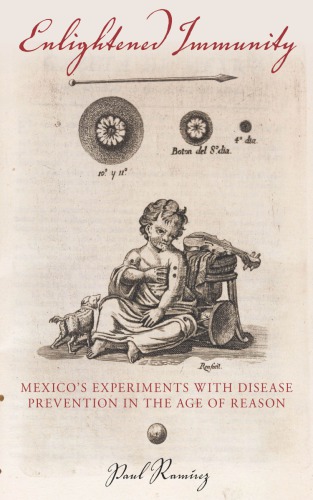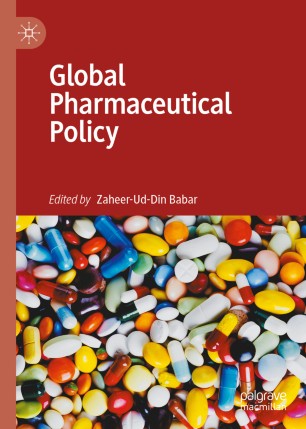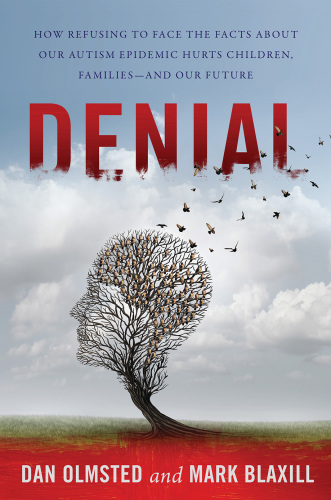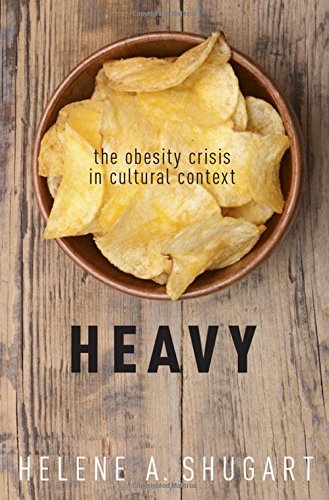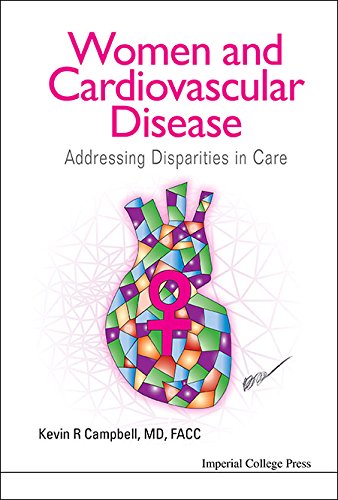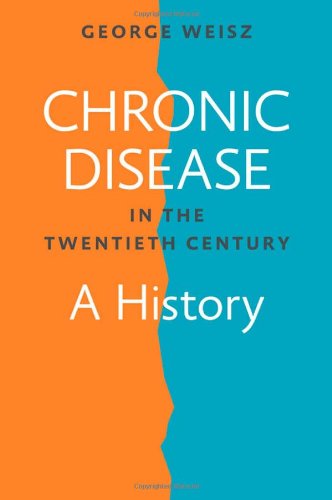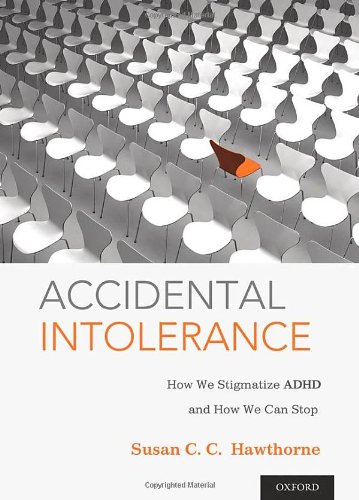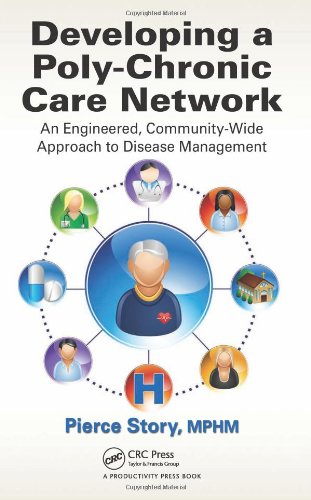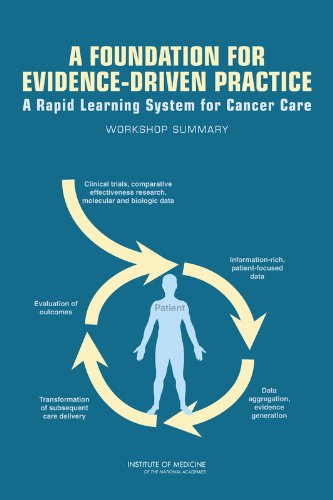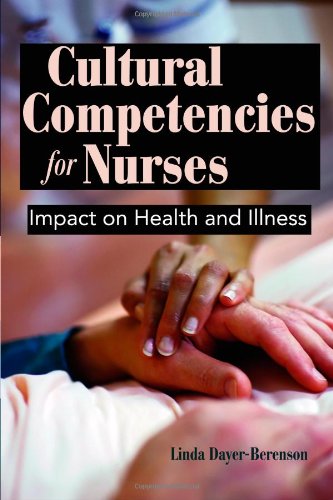ایمنی آگاه: تجربیات مکزیک در زمینه پیشگیری از بیماری در عصر عقل ۲۰۱۸
Enlightened Immunity: Mexico’s Experiments with Disease Prevention in the Age of Reason 2018
دانلود کتاب ایمنی آگاه: تجربیات مکزیک در زمینه پیشگیری از بیماری در عصر عقل ۲۰۱۸ (Enlightened Immunity: Mexico’s Experiments with Disease Prevention in the Age of Reason 2018) با لینک مستقیم و فرمت pdf (پی دی اف)
| نویسنده |
Paul Francis Ramírez |
|---|
| تعداد صفحهها |
358 |
|---|---|
| نوع فایل |
|
| حجم |
5 Mb |
| سال انتشار |
2018 |
89,000 تومان
معرفی کتاب ایمنی آگاه: تجربیات مکزیک در زمینه پیشگیری از بیماری در عصر عقل ۲۰۱۸
در مکزیک در قرن هجدهم، شیوع تیفوس و آبله، جمعیت عادی را با مدیران، کشیشان و پزشکان گرد هم آورد تا ثبات و سلامت جمعیت را بهبود بخشد. این کتاب تغییرات عظیم در پزشکی پیشگیرانه و اقدامات بهداشت عمومی را که پس از آن دنبال شد را ردیابی می کند. پل رامیرز با بازسازی پس زمینه فرهنگی، آیینی و سیاسی تجربیات اولیه مکزیک با واکسن های دوران کودکی، به چگونگی ارتباط نزدیک طراحی برنامه های بهداشت عمومی با دین و کلیسا، گسترش ایده های روشنگری درباره پزشکی و بدن، و آداب و رسوم و شیوه های درمانی روستاهای بومی رامیرز می گوید:
فقط نخبگان تحصیل کرده شهری – پزشکان و مردان علم – نبودند که واکنش آنها به شیوع بیماری مهم بود. در عوض، گروه قهرمانان از مرزهای نژادی، جنسیتی و طبقاتی عبور کردند: مقامات محلی که تصمیم می گرفتند برنامه هایی را که از مکزیکوسیتی می آمد و چگونه اجرا کنند، کشیش های روستایی که بر رویه های محلی تأثیر می گذاشتند، دهقانان و صنعت گرانی که عواقب قرنطینه را در نظر گرفتند، و والدینی که آنها تصمیم می گیرند که آیا اجازه دهند فرزندانشان به واکسیناتورها تحویل داده شوند یا خیر. ردیابی تولید چند قومیتی و چند منطقه ای دانش پزشکی در مکزیک استعماری، مصونیت آگاه به بررسی سوالات اساسی در مورد اعتماد، عدم اطمینان، و نقش دین در لحظه ای از کشف و نوآوری می پردازد.
In eighteenth-century Mexico, outbreaks of typhus and smallpox brought ordinary residents together with administrators, priests, and doctors to restore stability and improve the population's health. This book traces the monumental shifts in preventive medicine and public health measures that ensued. Reconstructing the cultural, ritual, and political background of Mexico's early experiments with childhood vaccines, Paul Ramírez steps back to consider how the design of public health programs was thoroughly enmeshed with religion and the church, the spread of Enlightenment ideas about medicine and the body, and the customs and healing practices of indigenous villages.
Ramírez argues that it was not only educated urban elites--doctors and men of science--whose response to outbreaks of disease mattered. Rather, the cast of protagonists crossed ethnic, gender, and class lines: local officials who decided if and how to execute plans that came from Mexico City, rural priests who influenced local practices, peasants and artisans who reckoned with the consequences of quarantine, and parents who decided if they would allow their children to be handed over to vaccinators. By following the multiethnic and multiregional production of medical knowledge in colonial Mexico, Enlightened Immunity explores fundamental questions about trust, uncertainty, and the role of religion in a moment of discovery and innovation.

